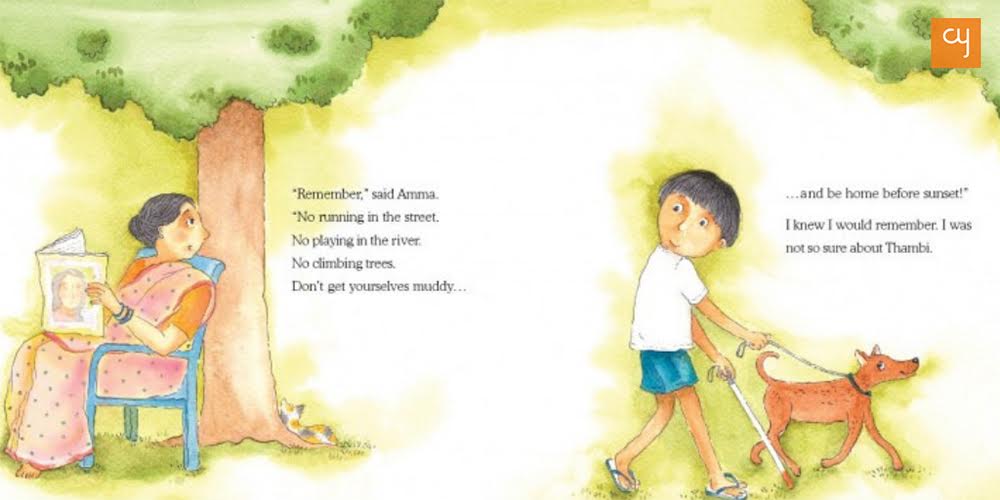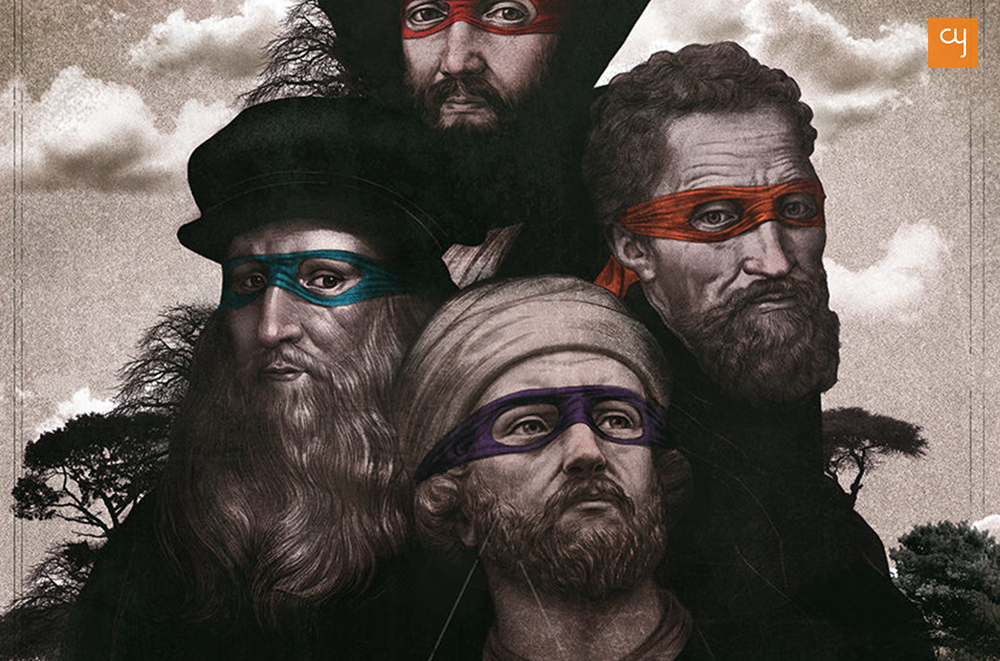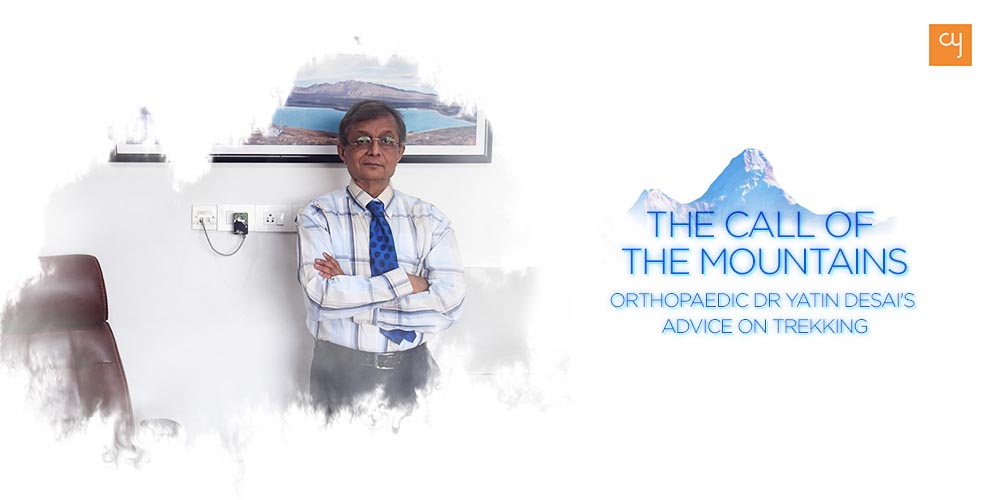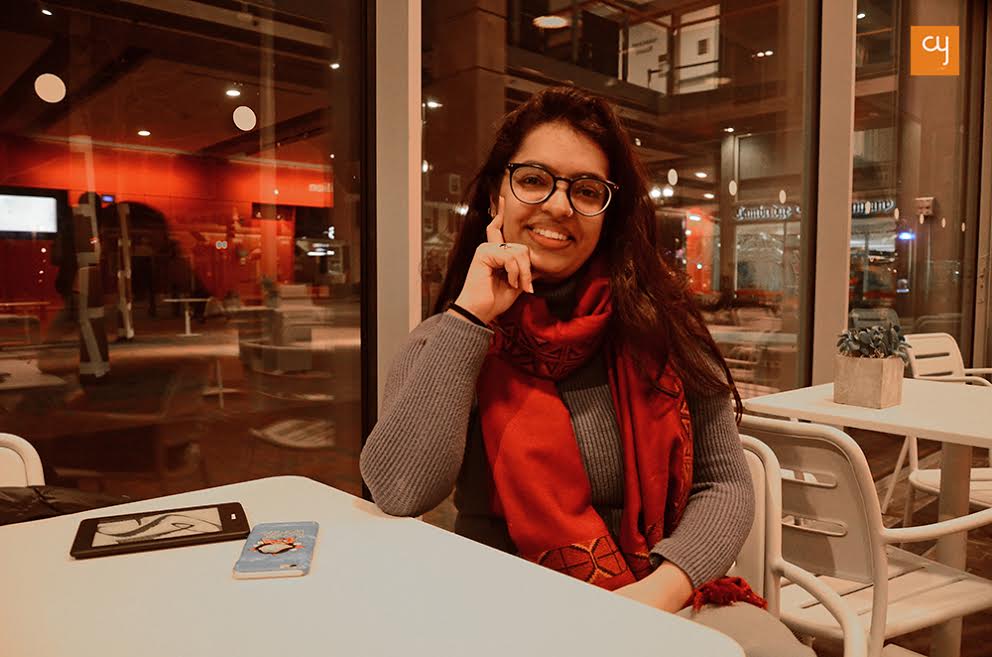Meet Diksha Bijlani, the Harvard poet who’s out to fuel political action with poetry
Spoken word poet Diksha Bijlani doesn’t write her poems down till they’ve gestated in her mind for months. Find out why the poet behind the viral poem ‘Dear Ekta Kapoor’ follows this process, and how she sees the future of ‘civic entertainment’ in India.
If you keenly follow social media, you’ve probably not had the chance to miss Diksha Bijlani. You might have seen that viral post about two cousins who wore lipstick to empower their 9-year-old male cousin to ‘embrace his place within the gender spectrum’ when he was bullied for wearing his mom’s lipstick. If you missed that, then you’ve surely heard her fiery YouTube video Dear Ekta Kapoor, in which she sarcastically thanks the director of TV soaps for creating a culture of “yielding women”, in a spoken word poem that’s garnered 173K views. Diksha Bijlani was part of the first-ever team to represent India in spoken word poetry in Chicago alongside two other girls from Gargi College, as a winner in the first-ever National Youth Poetry Slam that was held in India in 2016. Diksha Bijlani has words, and words have her. She knows their power and they know hers. Her spoken word poems are not about heartbreaks, but about patriarchy, the government’s injustices and high-functioning depression.
Diksha sees her poems as having the potential to be a ‘metanoia point’ in someone’s life – something people can say they were ‘changed’ by, something that allows people to make a ‘cognitive leap’. Yes, that’s the language of a psychology-undergrad-meets-policy-grad-student who happens to also be a poet. It’s a formidable mix that allows the 22-year-old to be a performer to reckon with – one who won’t stop at the romantic thought of penning a poem for the joy of it but will dream of its power to fuel systemic change. Diksha is currently studying Public Policy at the Harvard Kennedy School. Since being in the US for a semester, she’s performed at the Bowery Poetry Slam in New York and the FEM Slam Tournament in Boston. As we meet in Cambridge city, Diksha discusses why she doesn’t write her poems down till they’ve gestated in her mind often for months, and how she sees the future of ‘civic entertainment’ in India.
In one of your interviews, you mention that you were already a spoken word poet before you knew you were one. How did you discover that?
It was in the way I wrote things and also in the way I talked to people. I realised that I was really metaphorical and imagery-provoking, and very colloquial in nature, but in a way that was deep and yet had meaning.
I like when you don’t preach to the choir – you make people arrive at the conclusion by themselves. And that’s what my poems try to do – they try to introduce a metaphor that people wrap their heads around by themselves. Even though I probed it, I didn’t give them the exact argument that they build inside their own heads. That’s why I think that I was a spoken word poet even before I knew it.
For example, my poem Translated Disney talks about how I used to watch the Disney channel translated in Hindi. So when I saw the characters in English later on in life, they were like different characters for me altogether. That’s how I introduce the concept of how Indians who are not English-speaking feel when they’re not understood. It’s like language makes you have a lost identity in translation. My family does not speak English so I feel like a different person when I’m interacting with them. So maybe I’m like a Disney lost in translation. I also use the metaphor of ‘translated Disney’ to describe how English is a status symbol in India.
Your poems often have a sense of outrage over societal norms. What role does anger play in your poems?
Anger is the thing that precludes poetry. It comes before it. Anger is the thing that makes me realise that something is important to me, that I feel emotionally about something. But it’s not the ‘rage’ kind of anger, it’s an anger where you want to do something about it. It’s a constructive anger.
But anger is not the state of mind in which I would finalise a poem. Mostly the best poems come after I’ve lived through that anger and come to arrive at a more stable state of being where I know what the problem is. Because when I’m angry, my opinion is coloured by just what I see. But when I write a poem, I research opposing points of view, and what other people may say. My poems try to preempt and address what kind of counterargument someone else might make. But if I write something when I’m angry, I will never be able to see those counterarguments. There’s this cartoon going around these days that says ‘Someday I will write poems about this. But first I must survive it.’ And I really agree with that. A lot of times, young writers are hard on themselves because they think, “I’m going through this heartbreak but I can’t seem to be able to write a poem about it. Why can’t I do that? I’m an artist!” But when we’re going through the experience, we’re not in the state of mind to put language to the experience. When I moved to Delhi and had a lot more freedom going to a liberal college, that’s when I could look back on my experiences in my hometown of Allahabad, at how I was policed at every stage about what I was going to wear, and that’s when I was able to write the poem In Which I Resurrect Wonder Woman.
Can you describe your writing process?
The writing process begins when the title occurs to me or a line occurs to me. Once I know that I am intending to write a poem about a topic, I stay aware of other thoughts and jot them down. When I think I’ve sat enough with it in my head, sometimes for weeks or months, I stitch it together as a poem. I have a friend Bharat Divakar who’s also a poet and he never writes his poems down. All his poems are in his head. And I think I understand that. That’s exactly how my writing process is.
Some people ask me how I remember my poems. It’s because I internalise the poems when I’m writing them. I remember how I felt at every moment that I wrote every line. A poem is like a lived experience to me. It’s not so difficult to remember my poems because they’ve basically been a part of me for so long.
The moment of stitching the lines together is its own moment – I know when it happens, it’s like a spiritual experience. My writing process is more about thinking about things. So I may notice something and then post an Instapost about it. That prompts me to think about it more.
So your writing process begins with actively ‘taking notice’ of something?
Yes, I think my artistic process is more about noticing things. If I wasn’t a thinker then I wouldn’t be able to write things. To really think about something requires the fact that I’m actually engaged with it. So I may think about mental health a lot. I may not think about love that much. Often it so happens that if I write one poem about an issue, then I don’t write any more poems on it. I don’t think I’m going to write any other poem on language because Translated Disney holistically sums up everything that I think about it. I don’t replicate an idea, I move on to a different idea. Ideas are like sources of light to me, I move on to another once I’ve exhausted one. I think it’s just about being a thinker – taking notice of things, being observant – and the poetry comes of itself. Like when I first came to the US in 2017 and went to New York, I became aware that every time I was spending, I was mathematically calculating how much it would be in Rupees. At that very moment that I took notice of how that made me feel, I realised that the fact that my country is economically weaker is also because the colonisers are to be blamed. And that’s what came together to be a poem called Currency Conversion, which is basically about how currency conversion is a science best understood with history. There is a line I wrote about how the ‘exchange rates back home shoot higher than the age of my country’s freedom’. 70 years is how long we have been free, and the exchange rate was literally shooting higher than that.
To write a poem about that experience involves empathising with how many more people I think are going through this. That’s why most of my poems are not just limited to me. They’re mostly an empathetic experience of things that other people would also relate to.
What’s common between the movements of storytelling and spoken word poetry?
The line between spoken word poetry and storytelling is a bit blurred sometimes. I think the point of both these movements is to focus on the individuals who are telling their stories and to empower them by supporting their voice. It’s not as much about language. So even someone who would be called a ‘bad’ spoken word poet, per se, is still respected in the community because they have a strong story to tell. Because their struggle matters. Their voice matters.
When I listen to your performances, it almost feels like there’s something bursting to be told through you, such that you feel that if you don’t say this, it would be injustice!
Yes, exactly! And I also feel that a lot of spoken word poetry is more accessible than page poetry because it tends to be easy to understand. A lot of people think they don’t have the poetic expertise to decipher page poetry, but most people can understand spoken word poems. Accessibility is also one of the reasons why I do spoken word poetry much more. I try to maintain a standard of work but I do want to make my poetry accessible.
So a lot of times it will come to a trade-off between deep language and accessibility, and that’s where I’ll try to go with accessibility. Because I think that could help the art form and also help many more people.
You speak quite openly about having a patriarchal upbringing. How does that affect your dynamics with your family?
That’s the price of activism, right? You end up straining your relations with a lot of loved ones. But even if I wasn’t a spoken word poet, I would still be calling my parents out. Would I just be living with it? No I wouldn’t be. It’s the same thing, except that the world needs to know about it now. I try to make my mom understand that it isn’t about her anymore. Now it’s about all the people who are going to listen. It’s also like a weapon in my hands – you do this to me and I’m going to write a poem about you guys (laughs)!
That reminds me of something Anna Lamott says in her TED talk: “If people wanted you to write warmly about them, they should have behaved better”! Recently, news went viral of you supporting your 9-year-old male cousin who wore lipstick. How was the reaction to that?
Yes, I was reading a Tumblr post recently about how people always confuse activism with checking other people’s behaviour, like calling out your parents on the dinner table. But we don’t do that necessarily because we think that can alter anyone’s opinion. We do it for all the younger siblings sitting around us who can understand that parents can do some things wrong. And who may now live with the idea that there is an alternate explanation. Everybody who is a spectator will get the hope that it can be done. For this story, this is what mattered to me, that my cousin was supported.
Were you ever worried about how your poems would be received by people – like when you critiqued Ekta Kapoor and the Modi government?
A lot of people tweeted Dear Ekta Kapoor to her, I’m told. Even if she writes a poem back to me, I think it’s still a part of a healthy democracy – people are engaging. So I never worry about that. Even if I write a poem to PM Modi and he responds, it’s still a part of democracy. I already did that in a poem called In the Government, which talks about how I was working with BJP and realised that the government dehumanises everyone; disasters are always about death tolls and never about singular families who faced different kinds of losses.
I’m never worried because people are allowed to dissent with my poems.
Do you see spoken word poetry tying into your future work in Public Policy?
Everything I do is in a way to nudge people, to probe towards cognitive change that then indirectly influences behaviour change. With policy work, I will be doing cognitive behavioral campaigns, and I will be doing them in a way that involves street plays or spoken word poetry. Art forms are a great way of probing social behavioral change, even in policy. I had been doing this without knowing I was doing this until I came across the language to name it and realised that that’s what I was doing! Even when I tell Indian stories in the US, that is a political act. Or even standing up to the government in my poem is a political act.
It also depends on the course spoken word poetry takes in India. I have this radical view that someday Bollywood will interact with the spoken word poetry scene, or maybe there will be shows like an Indian Idol for poetry. Once that happens, maybe poets will become celebrities and can leverage their artistic influence to become politicians. I have a radical view that this art form is going to be used a lot for civic entertainment (movies like Toilet and Padman are a form of civic entertainment, for example). Of course, in terms of Hindi poets who do shayari and ghazals, there are so many already in Bollywood.
The question is: Is spoken word poetry going to be an art form that’s accessible to and representative of everyone in India? Or will it become ‘elite’ over time?
Yatra Archives

 How Tulika Books is creating impact in children’s lives through picture books
Nandini Varma
How Tulika Books is creating impact in children’s lives through picture books
Nandini VarmaAug 21, 2019
A children’s book about a boy who feels like a girl. And about a child brought up by grandfathers. These are some of the stories published by Tulika Books, who have been making children’s picture books since 23 years. Little…
 Dalgona Coffee: A worldwide social media trend about home-made café experience
Harshil Shah
Dalgona Coffee: A worldwide social media trend about home-made café experience
Harshil ShahApr 2, 2020
While the lockdown has ignited various trends on social media, one that has received a major global following is #DalgonaCoffee. With thousands of posts on its name, here’s all you need to know about the Dalgona Coffee wave. I first…
 Leonardo, Michelangelo, Raphael and Donatello—Artists or Teenage Mutant Ninja Turtles characters?
Harshil Shah
Leonardo, Michelangelo, Raphael and Donatello—Artists or Teenage Mutant Ninja Turtles characters?
Harshil ShahNov 5, 2019
Did you ever wonder where the Teenage Mutant Ninja Turtles’ characters got their names from? Well, your search is complete. Here is a brief introduction of the artists from whom the creators of TMNT took inspiration. Teenage mutant ninja turtles,…
 The call of the mountains: orthopaedic Dr Yatin Desai’s advice on trekking
Himanshu Nainani
The call of the mountains: orthopaedic Dr Yatin Desai’s advice on trekking
Himanshu NainaniMay 24, 2019
In this piece 64 year old Dr Yatin Desai, shares with CY his inspiring story of how to scale towering mountains with utmost ease and how this life adventure activity can shape human character and health. Chances are high that…




